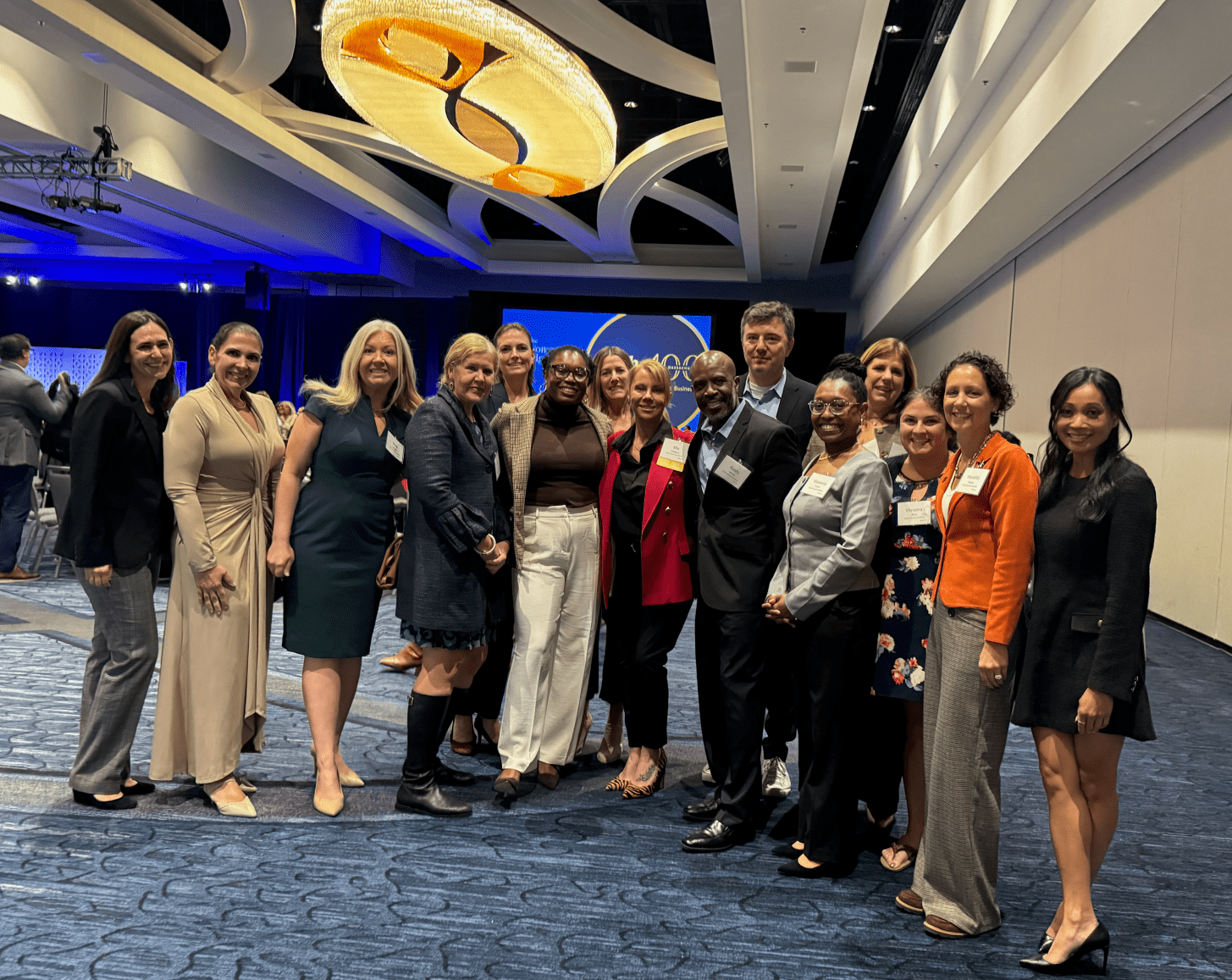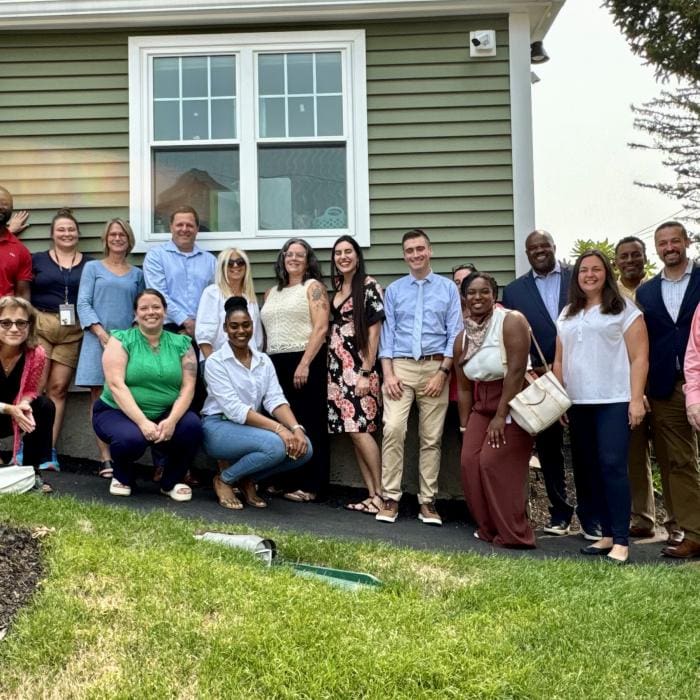These stories highlight our ongoing efforts to support the community and how we’re collectively making a difference in the lives of those we serve. Browse inspiring stories, discover new program initiatives, and learn more about our incredible team.
For media inquiries only, please contact:
Holly Mazelli
Vice President of Communications and Marketing
[email protected] 
December 18, 2025
Special edition of Globe Magazine honors the best employers in Massachusetts Needham, MA (DECEMBER 18, 2025) – JRI has been named one of the 2025 Top Places to Work in Massachusetts in the 18th annual, employee-based survey from The Boston Globe. Top Places to Work recognizes the most admired workplaces in the state voted on […]

November 21, 2025
Celebrating 25 Years of Recognizing Women’s Leadership and a Record-Breaking $141 Billion in Combined Revenue Boston, MA – October 24, 2025 – Justice Resource Institute (JRI) is proud to announce that it has been named one of the Top 100 Women-Led Businesses in Massachusetts for 2025 by The Women’s Edge, in partnership with The Boston […]

November 12, 2025
JRI officially launched the JRI Nutrition Initiative with a live, in-person introductory training at our new space in Lawrence. The session, led by Stephanie Sladen, featured an experiential food workshop that brought the connection between nutrition and mental health to life. Jenese also spoke about how access to good nutrition is central to JRI’s social justice mission. The JRI Nutrition Initiative was created in […]

August 14, 2025
See the story and photos in the Waltham Times.

July 14, 2025
Anchor Academy was recently spotlighted on WCVB-TV’s 5 for Good for its partnership with the Community Boating Center in New Bedford. The feature highlights students building and sailing a wooden wherry skiff as part of a hands-on vocational learning project. This initiative, which blends STEM education with teamwork and real-world skills, is part of Anchor Academy’s mission […]

January 9, 2025
Roody Herold, JRI's current Chief Information Officer, will be expanding his role as the new Chief Administrative Officer.







